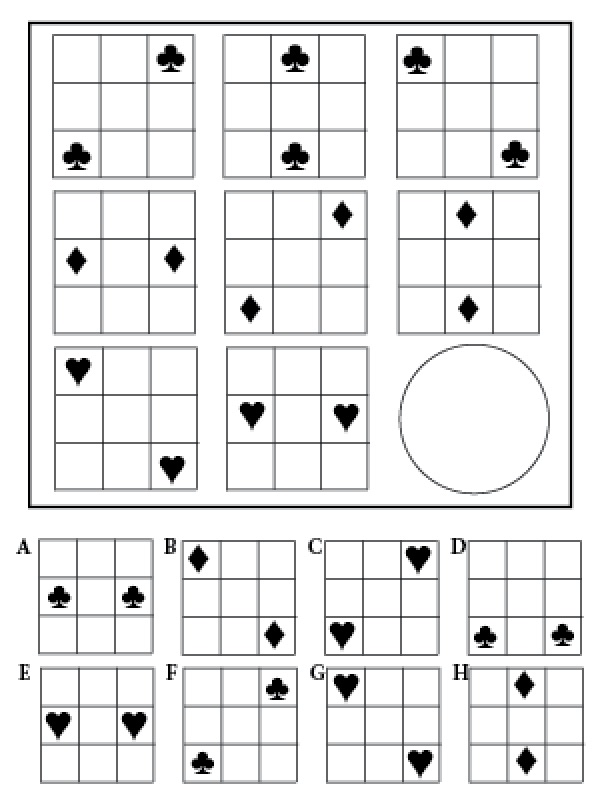
Number Theorist, G. H. Hardy once observed, “A mathematician, like a painter or poet, is a maker of patterns. If his patterns are more permanent than theirs, it is because they are made with ideas.” In that statement, Hardy was emphasizing the importance in mathematics of the ability to discern patterns in a series of numbers, visual displays or geometric forms. This is the skill tested by IQ test items such as those found in the Raven’s progressive matrices. (See: How does an iq test measure reasoning skills? – Intelligence and IQ.) Similarly, the IQ test items that ask you to find the next number in a sequence are measuring your ability to see the pattern in a series of numbers. When Euler enunciated his theorem F + V = E + 2, relating the number of faces (F), vertices (V) and edges (E) of polyhedra, he had discovered a pattern connecting these three facets of solids like cubes, octahedra and dodecahedra.
Mathematics also requires the ability to think in the abstract. Donald Coxeter, described as “the greatest classical geometer of the 20th century,” once described how his subconcious mind worked on problems as he slept:
I had long been trying to extend to four dimensions the familiar construction for the snub cube…So, I went to bed and soon slept soundly. About 3 a.m. I awoke with the idea of using a symmetrical “isosceles” tetrahedron; … I could thus choose a point on the axis of symmetry and adjust its height so as to equate the distances of the two types of neighboring point. I switched on the light and went into my living room to write it down, lest I might find the next morning that it had passed away like any ordinary dream. When morning came, there it was, ready for all the details to be filled in.
Imagining a 4-dimensional geometric figure requires the ability to generalize from a 3-dimensional model, a more abstract figure. The ability to move from concrete representations of mathematical entities to more abstract forms is a another vital component of mathematical thinking.
A strong short-term memory is as important in mathematics as it is in chess. In chess, we have to hold several potential moves in short-term memory as we “picture” the future configuration after each move. Similarly, in mathematics, we are often required to keep a variety of relationships in mind as we compose their combinations.
The paragraphs above describe a sample of cognitive abilities needed for high competence in mathematics. However, there is one personality quality that is common to all great mathematicians–an almost infinite tolerance for failure. Most students fail in school mathematics because they become discouraged when they can’t solve a problem and they quit trying. When great mathematicians fail to solve a problem, they return to it with a vengeance, refusing to be defeated. J.E. Littlewood, who collaborated with G. H. Hardy, once suggested that when all else fails, “Try a hard problem. You may not solve it, but you will prove something else.”
Most people would be much more competent in mathematics if they persisted through the difficulties and the temporary setbacks. In solving mathematics problems, we all reach a level where the solution to a problem eludes us. We have to persist with the intensity of a dog going after a bone. If you do this, you may be surprised that you are much more successful at mathematics than you would ever have believed.
